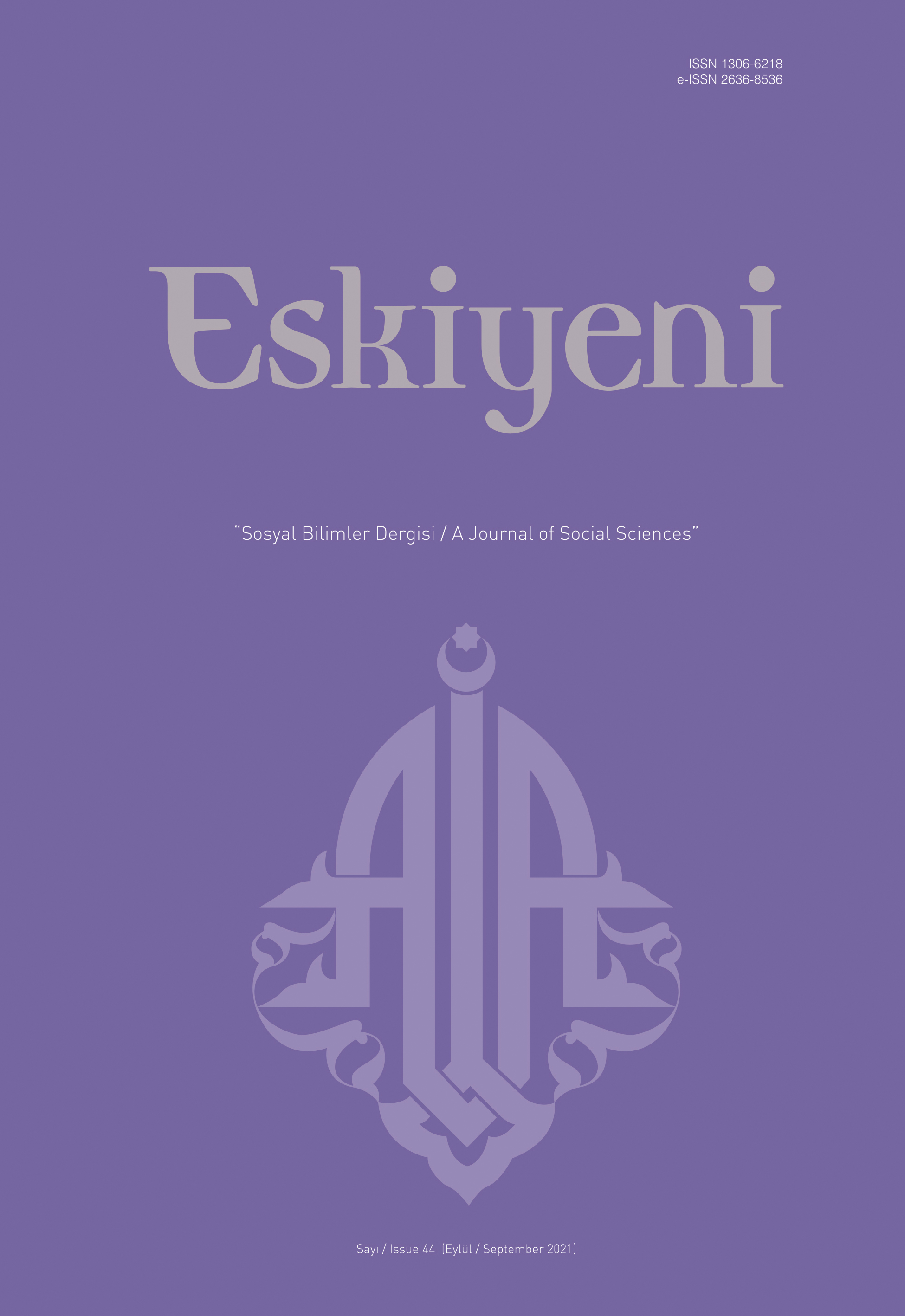Feyzullah Sâcid’in Manzum Mesnevî Tercümesi
Poetic Translation of Mathnawī by Fayḍullah Sājid
Author(s): Yılmaz ÖksüzSubject(s): History, Language and Literature Studies, Literary Texts, Studies of Literature, Translation Studies
Published by: Anadolu İlahiyat Akademisi
Keywords: Turkish Islamic Literature; Mawlānā; Mathnawī; Fayḍullah Sājid; Poetic Translation;
Summary/Abstract: Mathnawī, one of the basic works of Islamic civilization, has received great attention since the day it was written. In addition to Eastern languages such as Arabic, Hindi, Sanskrit and Urdu, it has also been transleted to Western languages such as German, Dutch, French, English, Spanish and Italian. Feyḍullah Sājid (1892-1978) was one of the translators of the Mathnawī, many translations and commentaries of which were made into Turkish literature. Sājid translated the first book of Mathnawī in 4,118 couplets in syllabic meter and published the first thirty-four of them in Ottoman Turkish in 1928; he later published all of them in new alphabet. Thirty-four couplets, which are the subject of the present study, are successful in terms of meter, rhyme and antibacchius. They have a very simple and understandable style. In terms of rhetoric, they contain strong couplets, as well as couplets that do not exceed the average. Adopting the literary translation method, the interpreter translated the words of the source text by finding appropriate corresponding words in Turkish or using the words in common use. He also benefited from the original words of the source text to a degree that did not harm the simplicity of the translation. While he conveyed the literal meaning in some verses, he used concepts or idioms that had no equivalent in the source text. This approach was not always accurate; it sometimes added richness to the translation, while causing the meaning of the source text to be misunderstood or not to be understood. The translation is in accordance with the content of Mathnawī, except for abovementioned issues. In the part where the rise of the existence is dealt with (1-18), it is stated that ‘just as the ney is taken from the reed, man is separated from the bazm-i alast (the world of spirits), moaning constantly to reach to his homeland’. ‘The person who is addicted to this sorrow looks for a heart that has been shredded with longing to be able to express its concerns. Nevertheless, although everybody assume that they are companions of Mawlānā, nobody seeks the secret he has. His secret is not far from his cries, but not all ears and eyes have the illumination to understand him.’ Mentioning that ‘the sound of ney is fire, not wind’, Sājid lists the ‘qualities of ney’, and then expresses that ‘the days are untimely faded in sorrow and all except for the fish are deceived by the water.’ The translator, who thinks it is pointless to extend the word, concludes this part as follows: Does the novice understand the condition of the experienced/In fact, word needs to be brief now. The translator starts to the section dealing with the need to leave the world by saying that “oh my son, emancipate yourself through breaking the chains”. He then proceeds saying that “The sea that falls into a container will be exhausted in a day, and the ambitious will not be satisfied.” According to him, ‘the remedy for this trouble is love because the one whose garment is torn by love suffers no more from shame or ambition. With it, the flesh made of dirt rose to the sky, and the mountain began to dancing and watching.’ ‘The lover that doesn't burn with love is like a wingless bird’. According to Sājid, who stated that ‘without the beauty of the beloved, the beginning and the end cannot be comprehended, the secrets of love cannot be kept hidden just as the reflections in the mirror cannot be hidden. If the mirror of the soul cannot reflect, that’s because its face is thoroughly rusted.’
Journal: Eskiyeni
- Issue Year: 2021
- Issue No: 44
- Page Range: 611-628
- Page Count: 18
- Language: Turkish

